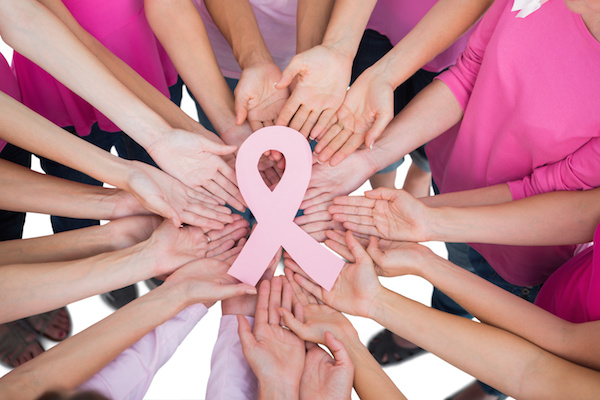
WEDNESDAY, Nov. 7 (HealthDay News) — A large study of Danish cancer patients suggests that people taking cholesterol-lowering medications known as statins have a lower risk of premature death from cancer.
The research, published Nov. 7 in the New England Journal of Medicine, found that statin use at the time of cancer diagnosis reduced the risk of dying from cancer-related causes by up to 15 percent.
“That doesn’t sound like that much, but chemotherapy only offers about a 15 percent to 20 percent reduction in the risk of dying,” said Dr. Stig Bojesen, an author of the study and staff specialist in the department of clinical biochemistry at Copenhagen University Hospital, in Herlev, Denmark.
Previous studies of statins such as Lipitor and Crestor have not shown that the drugs significantly affect overall cancer risk. But some research has suggested that statins may have a role in treating particular forms of cancer.
Last January, for example, researchers at Columbia University in New York City showed that treating certain breast cancer cells with statins in the laboratory stopped them from spreading, and in some cases even killed the cells. Last year, a study published in the journal Cancer showed that men taking statins may be 30 percent less likely to have prostate cancer recur.
Bojesen said the study results need to be tested further. But for those who are taking statins when they get a diagnosis of cancer, he said, “there is no reason whatsoever to stop taking them.” And, he added, “there is a small chance that taking statins for cardiovascular disease may reduce your risk of cancer.”
How could cholesterol-lowering statins, one of the most commonly prescribed class of drugs worldwide, help patients more effectively fight cancer?
According to the U.S. National Cancer Institute, researchers have found that statins work against critical cellular functions that may help control tumor initiation, tumor growth and the spread of cancer (metastasis). Statins seem to block a key enzyme associated with processes involved in the growth and spread of cancer.
“Cholesterol is a vital building block in all cells, and when you take away the building blocks, the cells may stop proliferating,” Bojesen explained.
Using the Danish Civil Registration System, a network of national databases, the researchers tracked statin use by individuals over time. They focused on about 296,000 patients who were diagnosed with cancer between 1995 and 2007, with follow-up until the end of 2009.
Patients who had statin prescriptions filled six months to two years before their cancer diagnosis were included in the research. Among those aged 40 or older, almost 19,000 had used statins regularly and about 277,000 had never taken the medications.
Dr. Neil Caporaso, branch chief of the genetic-epidemiology branch at the National Cancer Institute in Bethesda, Md., said he was impressed by the study but also was a bit skeptical.
“What mechanism could extend to every tumor type? We just don’t know,” said Caporaso, who wrote an accompanying journal editorial.
Many questions must still be answered, he said. “How soon does the effect begin and how long does it last? When is the window [of time] when the response would be expected to be observed?” he said.
In his editorial, Caporaso expressed concern that the research did not reveal what dose would reduce the risk of dying from cancer.
“Although the findings suggest, with a few exceptions, that there were consistent and substantial declines in mortality across diverse cancers, there is no clear pattern of decreased mortality with increased dose,” he wrote in the editorial. “All these issues mandate caution in interpreting the findings.”
Eric Jacobs, strategic director of pharmacoepidemiology at the American Cancer Society in Atlanta, said that although the study results are intriguing and exciting, “they do not mean that people with cancer should start using statins in the hopes of improving their prognosis.”
Jacobs explained that “because this study was an observational study [as opposed to a trial], the slightly lower cancer death rates among cancer patients who had used statins before their cancer diagnosis could have been caused by factors other than the statin itself.”
Jacobs said more research is needed to ascertain if and how statins might influence survival in cancer patients.
More information
The U.S. National Cancer Institute has more about statins and cancer prevention.

